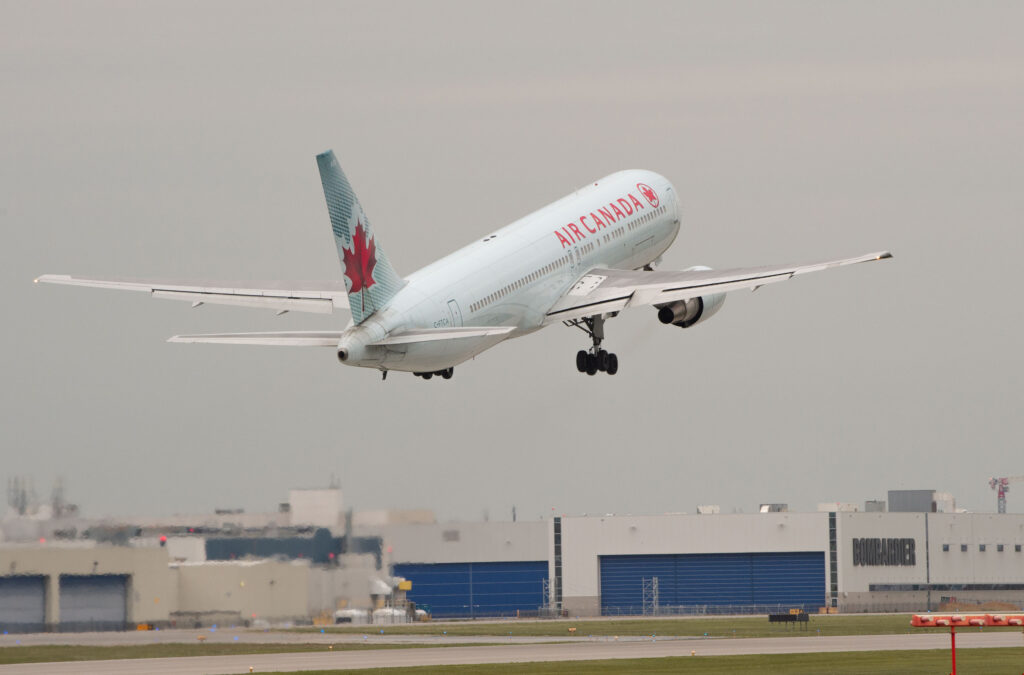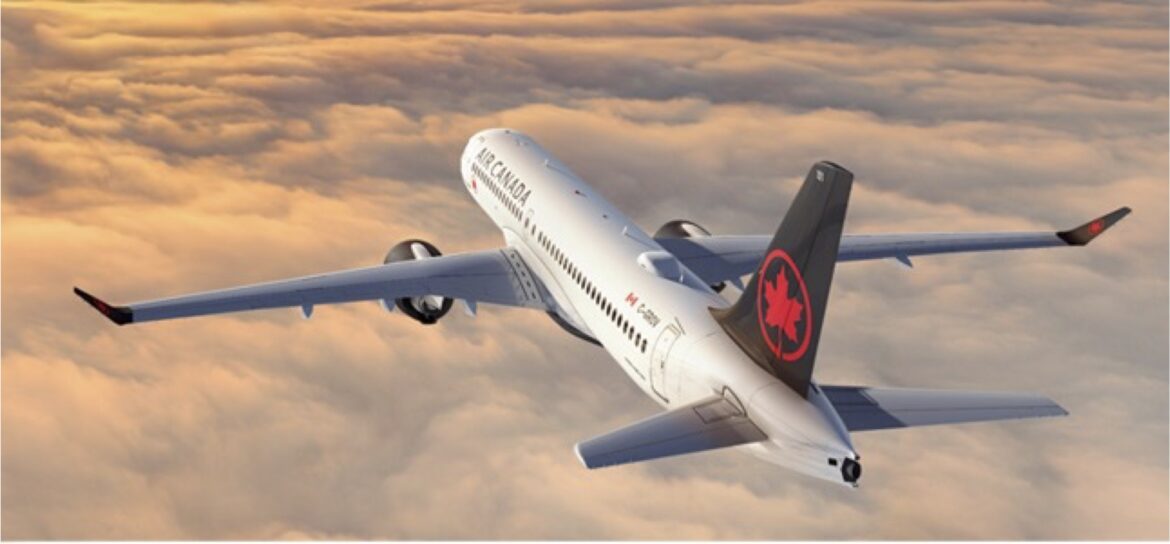Advertiser & Editorial Disclosure: The Bulkhead Seat earns an affiliate commission for anyone approved through the links below. This compensation may impact how and where links appear on this site. We work to provide the best publicly available offers to our readers. We frequently update them, but this site does not include all available offers. Opinions, reviews, analyses & recommendations are the author’s alone, and have not been reviewed, endorsed, or approved by any of these entities.
After a chaotic strike in mid-August grounded all Air Canada and Air Canada Rouge flights, the dispute between flight attendants and the airline has entered its next phase.
The strike, which lasted four days, brought the airline to a standstill and stranded tens of thousands of passengers worldwide. The Canadian government issued a return-to-work order, which flight attendants initially defied and escalated the conflict. Ultimately, the union agreed to return to work under a structured process: first voting on Air Canada’s latest wage offer, then proceeding to mediation, and finally binding arbitration if no deal was reached.

The Canadian Union of Public Employees (CUPE) announced yesterday that flight attendants rejected the airline’s most recent wage offer by an overwhelming margin. More than 99% of flight attendants who voted (94.6% turned out) cast their ballots against ratification. This decisive rejection means that the wage dispute will now proceed to mediation and possibly arbitration.
CUPE stated that the union achieved one significant concession (securing partial pay for some ground duties), but the deal fell far short of addressing workers’ core concerns. Wesley Lesosky, President of Air Canada’s CUPE, said:
Air Canada never bargained in good faith on wages. By CEO Michael Rousseau’s own admission, the company expected the federal government to intervene and take away the only leverage we had – our right to go on strike. Jobs Minister Patty Hajdu only waited 11 hours to prove the company right.”
The union further argued that even with the proposed pay increase that Air Canada flight attendants would still earn less than the federal minimum wage. Here is part of the statement they released:
Even with the proposed increase, Air Canada flight attendants would still earn less than federal minimum wage, which is $17.75 per hour or $2,840 per month on a 40-hour workweek. By contrast, a full-time Rouge flight attendant would earn just $2,219 per month, and a full-time mainline flight attendant would earn only $2,522 per month. Full-time workers at a flagship corporation and the national air carrier should not be earning less than minimum wage and qualifying for income supports.”
The Canadian government’s handling of the strike has sparked widespread criticism. Analysts commented that authorities allowed the strike to cause extensive travel disruptions before abruptly stepping in just hours later to force workers back. Critics argue that this worsened the situation with thousands of travelers stranded and Air Canada scrambling to recover its operations. The strike occurred during the peak of the summer travel season, which magnified the chaos. Industry experts estimate the financial impact could reach tens of millions of dollars in lost revenue and compensation costs.
The dispute has raised questions about labor laws and workers’ rights in Canada and compared those to the United States. In Canada, workers can more easily go on strike, but the government retains the authority to quickly end them (like this one). In the United States, airline unions can vote to authorize a strike, but under the Railway Labor Act they are extremely rare. While Canada has a liberal government, its rapid intervention surprised many, including Air Canada’s own leadership.
With the union rejecting the latest offer, the next step is mediation. If that fails, the matter will go to binding arbitration, where a neutral arbitrator will decide the outcome. The union’s landslide rejection also sends a clear message: members are prepared to continue fighting for significantly better pay and working conditions. This is similar to what we have seen with United’s flight attendants rejecting their contracts.
Anthony’s Take: Air Canada’s flight attendants will see results one way or another soon. I hope they get a good pay increase as what they’re currently paid is so meager (especially for junior flight attendants).
(Image Credits: Air Canada.)
User Generated Content Disclosure: The Bulkhead Seat encourages constructive discussions, comments, and questions. Responses are not provided by or commissioned by any bank advertisers. These responses have not been reviewed, approved, or endorsed by the bank advertiser. It is not the responsibility of the bank advertiser to respond to comments.
Advertiser & Editorial Disclosure: The Bulkhead Seat earns an affiliate commission for anyone approved through the links above This compensation may impact how and where links appear on this site. We work to provide the best publicly available offers to our readers. We frequently update them, but this site does not include all available offers. Opinions, reviews, analyses & recommendations are the author’s alone, and have not been reviewed, endorsed, or approved by any of these entities.

1 comment
Loyalty Lobby made what I thought was a particularly salient point that made me stop and think: Over time the Canadian government has permitted their domestic airline market – 40+ million strong – to shrink to a monopoly. As a result the government can’t really allow a strike of the only major Canadian airline to cripple the country’s air travel for extended periods. The way to address that is to find a way to introduce more competition into the market so that flight attendants at Air Canada can go on strike to earn fair wages.